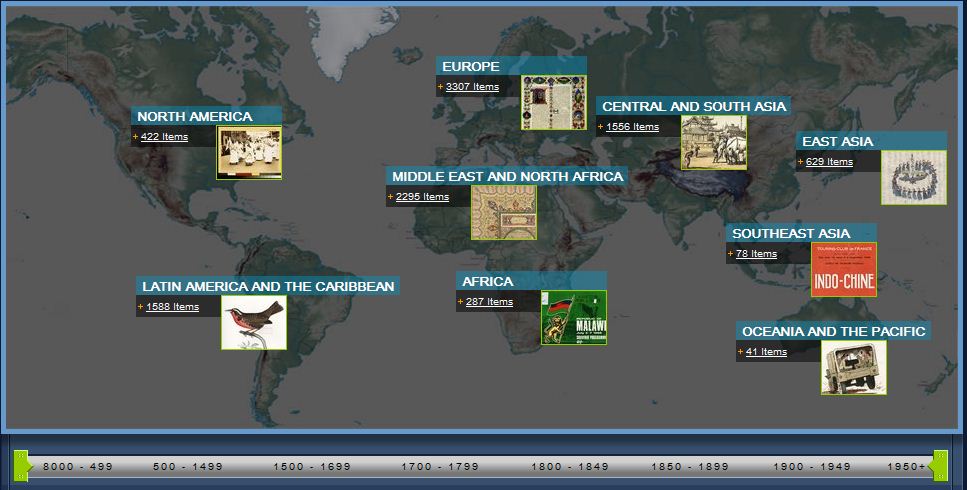Data In Action
Data in Action
Data is information. Data is represented everywhere from the numbers on your social security card to your student id, your gym locker combination, and much, much more! Lots of data is collected in surveys.
Many governmental and commercial organizations have large databases containing information collected from national, regional, and local surveys. This data reflects people’s interests, opinions, and lifestyles. For example, the U.S. Census Bureau is the country’s longest running and largest database. The U.S. Census Bureau has developed standardized definitions, surveys, and sampling techniques to gather data. Data is gathered for very large databases. Within corporations and the government, specialized departments employ many people to track and analyze trends in agriculture, health, lifestyle, medicine, labor, business, consumer spending, economy, education, and many other subjects. This is a career for you to consider.
Sometimes data is collected through surveys and opinion polls. A.C. Nielsen, George Gallup, Elmo Roper, and Louis Harris are examples of these opinion polls. Major political candidates, campaigns, newspapers, television stations, and other news organizations regularly conduct their own surveys and report their results. School districts, universities, and colleges also keep large databases of information. Subject directories are created to search databases organized by subject matter starting with general subject-headings, then move to specific subheadings.
Since many databases are created using public tax money, their research and findings are available to the public. Looking at data collected from other organizations is called secondary analysis. Secondary analysis accesses and often reuses data gathered by someone else, often for other purposes. Data Mining is the practice of examining large databases in order to generate new information.
Results of surveys can often be divided into segments or markets on the basis of geography, demographics, and other attributes. Agencies can provide listings of data sets and publications which can be used for secondary analysis. They are also able to answer additional and clarifying questions.
With the growing sophistication of the internet it is simple and efficient to access and analyze data from large database for a variety of purposes. Online queries of databases and online searches are a fast way to search for research and other information on specific topics. Business Analyst Oscar Gusman describes computer CPUs and databases as primitive replications of our own brain.
by Helen Teague for Course 1, Project 6









